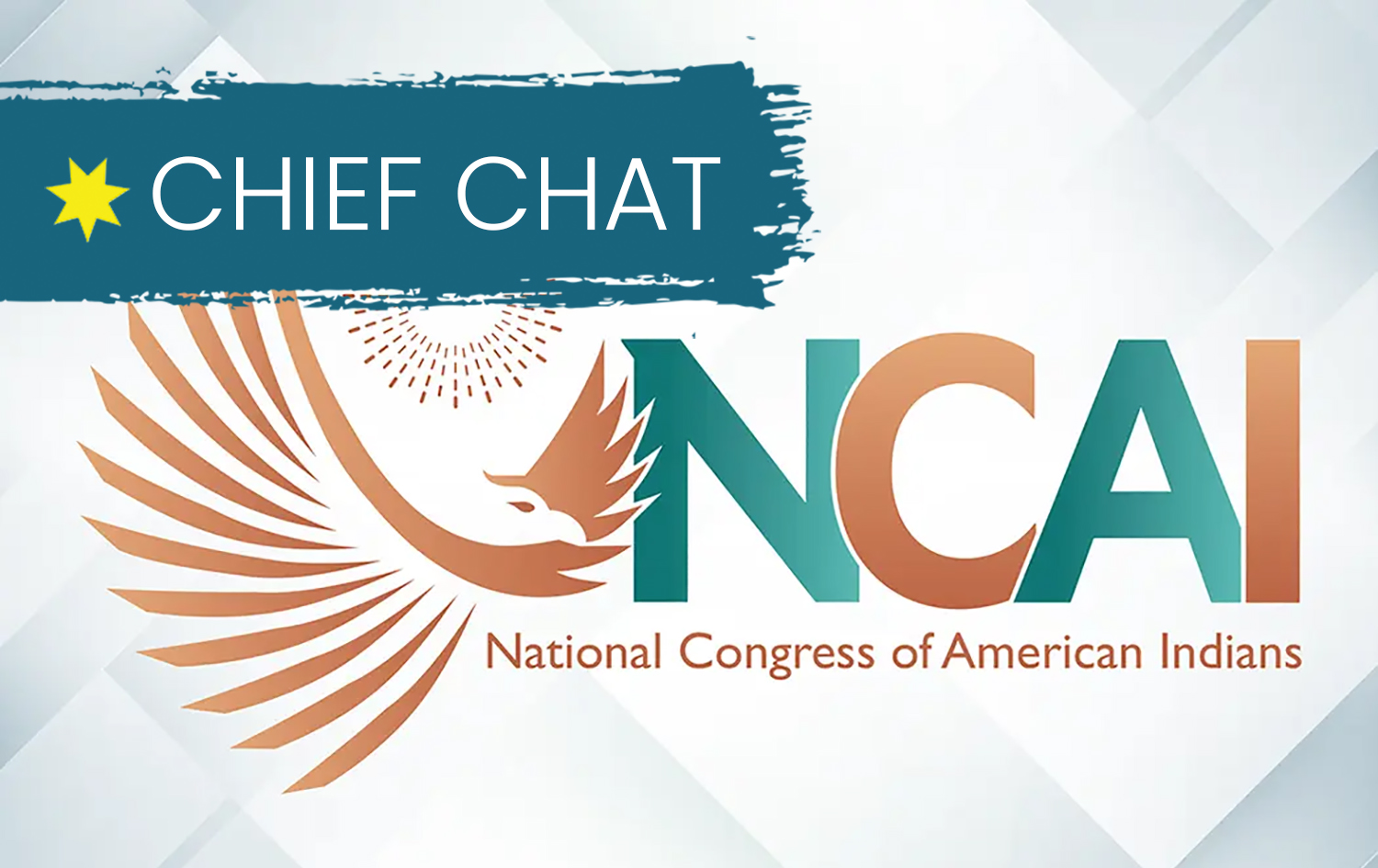Osiyo,
The National Congress of American Indians is the oldest and largest intertribal organization in the country and brings together tribes from across the land to discuss and advocate for issues important to American Indians and Alaska Natives. NCAI has been an important national voice on Native issues since its founding in 1944. Unfortunately, the mission of NCAI has been harmed by the inclusion of groups who are not legitimate Indian tribes. Change is needed, and we have an opportunity to do so at the upcoming NCAI convention.
Under the current NCAI constitution, Cherokee Nation is placed on par with many groups who falsely claim a Cherokee history and culture — frauds from across the country like the United Cherokee AniYunWiYa Nation, the Georgia Tribe of Eastern Cherokees and the Echota Cherokee Tribe of Alabama. Rather than earn federal recognition through a rigorous examination of history, facts and the law, these phony organizations pose as tribes, seek and receive state recognition, and perpetuate a lie. Each year we are forced to spend vital resources fighting against state recognition efforts of groups who pretend to be Cherokee.
Federal recognition must mean something. It is the basis for our government-to-government relationship that establishes the unique rights and responsibilities of Indian tribes and tribal citizens. NCAI’s embrace of state-recognized tribes lends false legitimacy to groups that undermine our rights, histories and cultures. We must push back against efforts to erode what it means to be a Native American.
A coalition led by the Eastern Band of Cherokee Indians, the Shawnee Tribe and the Ute Indian Tribe has offered a proposal to limit NCAI’s eligibility criteria. Under two separate amendments, voting membership in NCAI will be restricted to federally recognized tribes, and only citizens of federally recognized tribes will be eligible for an individual Indian membership. The additional amendment would ensure NCAI board members and regional vice presidents are citizens of federally recognized tribes.
Cherokee Nation proudly supports the proposed constitutional amendment. A state-recognized tribe is not an Indian tribe. And a member of one of these groups is not an Indian.
In my oath as Principal Chief, I swore to “do everything within my power to promote the culture, heritage, and traditions of the Cherokee Nation.” The responsibility now compels me to defend our tribal constitution, our sovereignty and our history, and to speak out against any policy that undermines our government and our people. The current NCAI constitution is such a policy.
In the coming days, we will tell NCAI that it’s no longer acceptable to place state-recognized groups on equal ground with genuine Native American tribes. I call on tribal leaders from across the country to stand with us and enact this needed change.
If NCAI persists in keeping groups posing as tribes on par with federally recognized tribes, we may be at a crossroads. Federally recognized tribes will need to consider whether NCAI can remain a viable organization able to protect, defend and advocate for the interests of actual tribes. But I remain hopeful that our proposed change in NCAI’s constitution will position it to be stronger than ever.
Wado,
Chuck Hoskin Jr.
Principal Chief


